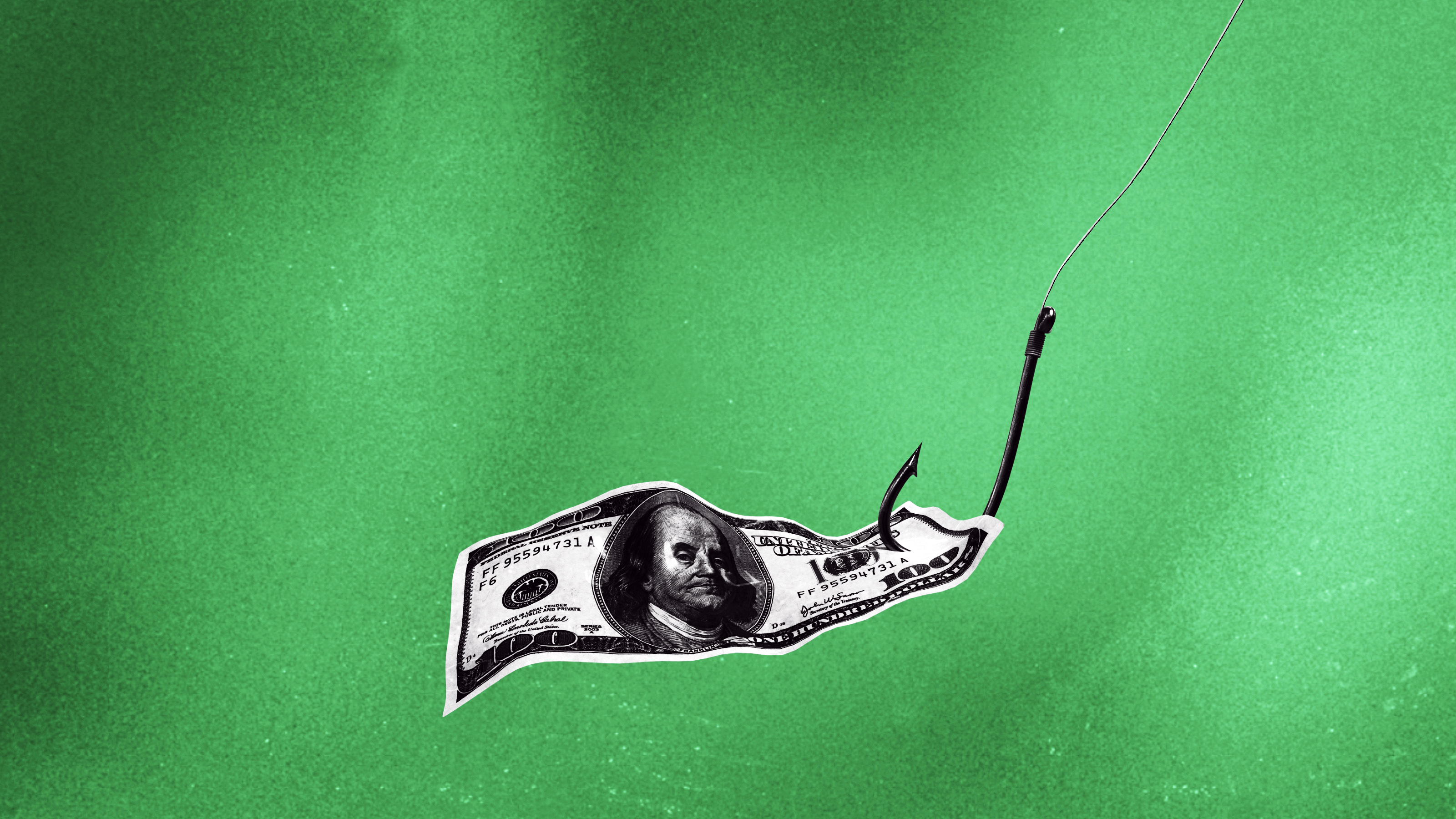Get mad when you read the news these days? It’s more than just what you’re reading. When you perceive unfairness or inequality, says Molly Crockett, the brain receives it more as an attack on your identity.
MOLLY CROCKETT: One hallmark of moral outrage is, expressing it feels so good. And brain imaging studies have shown that when we punish bad behavior, you see activation in the striatum, which is a brain area that we know to be involved in signaling rewards, it's receiving inputs from the dopamine system. One of the strands of research that I've done over the past several years is looking at how brain chemicals like serotonin regulate our desire to punish bad behavior. And so we've done studies where we bring people into the lab and we manipulate their serotonin levels, drive them down or drive them up temporarily, and look to see how likely people are to punish unfair behavior, and what are the brain correlates of those decisions. And one thing that we found repeatedly is that when we temporarily lower serotonin, this makes people more likely to punish unfair behavior. And what we see in the brain concurrently is that the striatum is more active when people are punishing. So by changing the levels of this neurotransmitter, we can actually change the motivational value of punishment.
This is interesting because serotonin is a neurotransmitter whose raw ingredient you can only get from your diet. So the building block of serotonin is tryptophan. Tryptophan is an essential amino acid, which means you can only intake tryptophan by eating enough proteins. So this means that this neurotransmitter system may be very finely attuned to the relative abundance or scarcity of resources in the environment. It may be the case that when resources are relatively scarce, this could affect serotonin levels, which then could sensitize people to unfairness, lack of cooperation, and make them more likely to punish. And the proximate mechanism for that is it makes the act of punishment perhaps more valuable or rewarding. The 'ultimatum game' is a situation where two people have to agree on how to split a sum of money or some other resource, or neither person gets any money. So, it's a two-step game. In the first step, the proposer gets the resource and makes a proposal to the responder, the second person, about how to divide that up. So it could be, let's say $20. And the proposer makes an offer to the responder of say $5 out of the $20. The responder then has the option of accepting that offer, in which case both players are paid those amounts or they can reject the offer, in which case neither player gets any money. So they can essentially destroy the whole pie if they're unsatisfied with the offer.
Hundreds and hundreds of studies had been run with the ultimatum game- when it was first published in the '80s, economists were very surprised that the average person was very likely to reject any offer that fell below around 30%. From a rational-choice perspective, that takes only money outcomes into account. This is "irrational" in the sense that some money is better than no money, so why would you reject any non-zero offer in the game? But of course the beauty of this game is that it demonstrates very powerfully that people care about a whole lot more than just money. They care about being respected, about fairness, and they really dislike being in a situation of disadvantageous inequality. So for someone who's offered a very small portion of the total pie, it's worth it to them to forego that small amount in order to say "screw you" to the other person.
The ultimatum game is I think relevant for a lot of the political events that we've seen over the past few years because economic arguments have not seemed to work. This was one of the big failures of the Remain campaign in Brexit. They continually argued and tried to persuade that the economic costs of Brexit would be grave, and, of course, they're correct on that. But, what we know from the ultimatum game is that when faced with a choice between accepting a little bit of money versus expressing one's identity, expressing one's dissatisfaction with the current situation, a lot of people will prefer the expressive behavior even if it comes at an economic cost. And so one possible explanation for why that argument was so ineffective is because, again, people care a lot more about their identities and their communities than simply economics.
We are living in a time of dramatic economic inequality where the top 1%, or however you wanna carve it up, has captured the lion's share of economic gains over the past several decades. And people on the losing end of this deal are pissed off about it. This is very unfair. And so, I think what we're seeing all around the world with the rise of populism is a kind of global, large-scale, society-level version of an ultimatum game where the offer that has been dealt to those in the bottom half of the economic ladder are unsatisfied and expressing that dissatisfaction with their votes. And this is a wake-up call that this level of inequality really is not sustainable.







